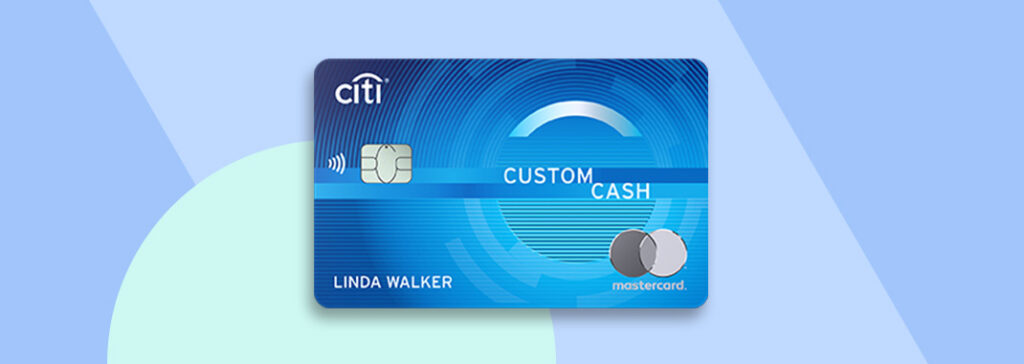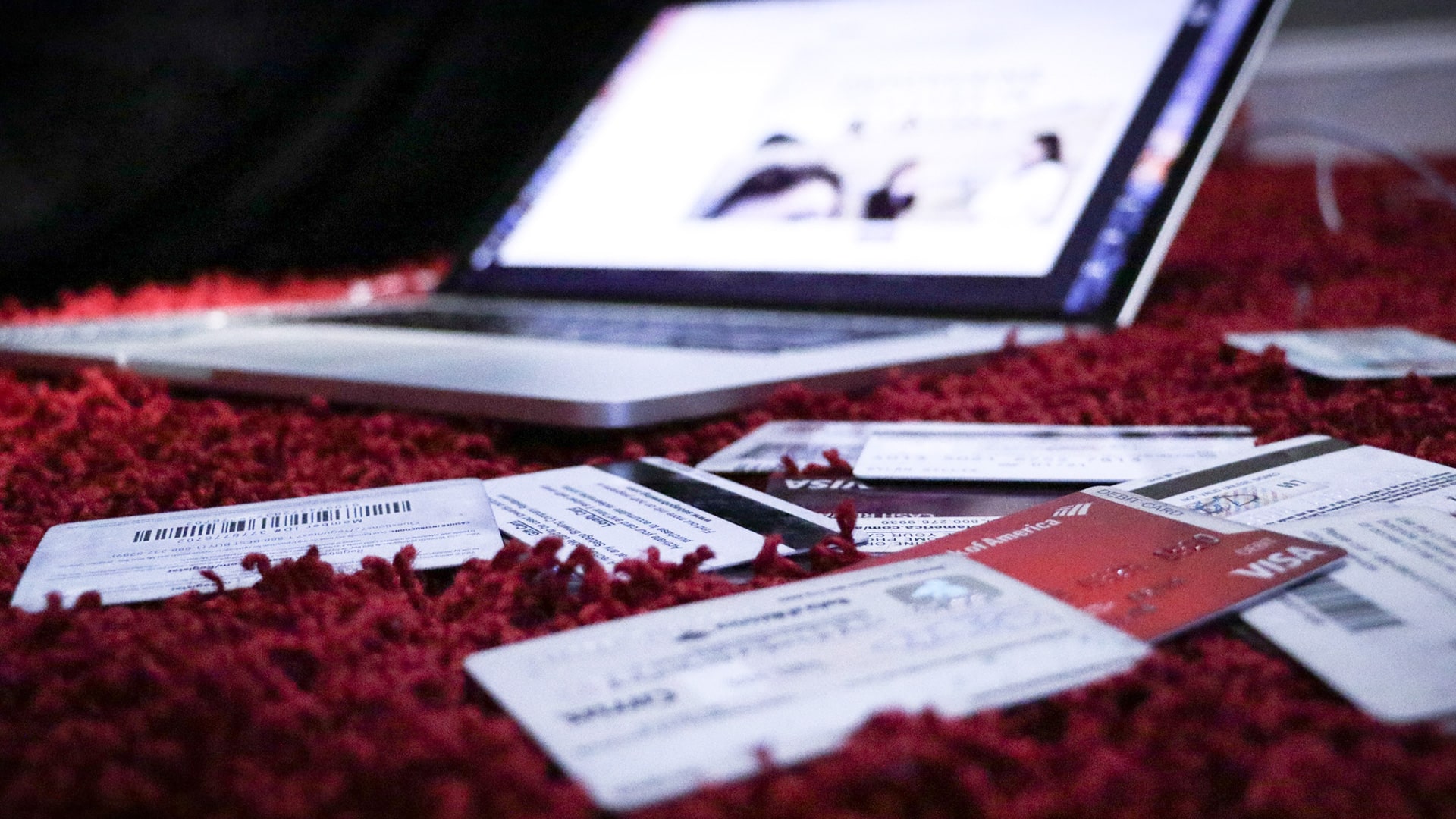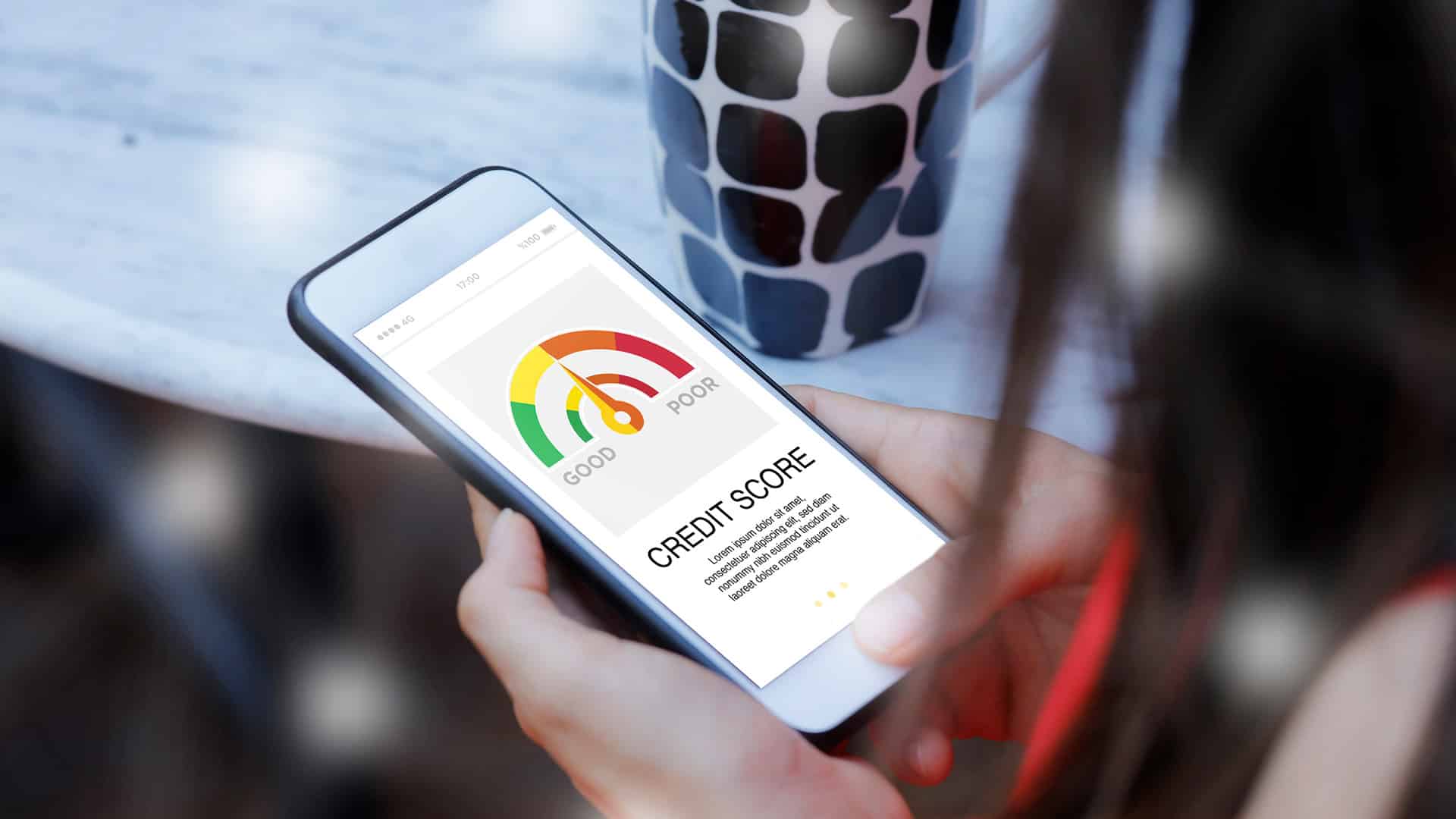Most products on this page are from partners who may compensate us. This may influence which products we write about and where and how they appear on the page. However, opinions expressed here are the author's alone, not those of any bank, credit card issuer, airline or hotel chain.
Certain events in life can have a serious impact on your finances and credit rating. Illness, injury, job loss and divorce are just a few examples of situations that could trigger a credit catastrophe. Even if your credit problems came from poor choices or a lack of knowledge, it's important to try to put the past behind you and start rebuilding your credit for a better future.
Bad Credit Advice How to Recover from Bad Credit
The good news is that no matter how bad the condition of your credit is today, there's a way to improve it. Below is an expert guide that can help you chart your own path to credit recovery.
-
1
Get a Credit Report
Check you credit report at least once a year to understand your credit score better. Your credit report will show any outstanding balances you haven't paid, a list of credit accounts & loans, and any late payments. Check for any inaccuracies on your credit report that can be affecting your score. When you improve your credit report, your score should go up.
-
2
Fix any Reporting Errors
As you go over your credit reports, you'll want to keep an eye out for credit reporting errors. Dispute the errors, and you can see your credit go up.
-
3
Make All Your Payments On-time
Late payments hurt your credit score tremendously. Catch up on any bills you can afford and make sure you don't miss any payments moving forward. Try automating credit card payments and setting up alerts so you can keep track.
-
4
Watch Your Credit Card Balance
Your credit card balance is the next biggest thing affecting your credit score. High credit card utilization isn't good for your credit scores.
-
5
Open New Credit Cards
Adding a new account can have a positive impact if your new credit account is managed well. Or, you can also look for a credit builder loan. However, opening a new account will not erase your credit history. Do this only if you know you can pay off your old balances and new one.
-
6
Become an Authorized User on Someone Else's Account
You might be able to raise your credit as an authorized user on someone else's account, given they have a high credit score.
-
7
Use Experian Boost
Experian Boost allows you to add reoccurring payments for services like streaming accounts, phone bills, and electric bills. This may also help raise your credit score.
Start With a Credit Check
The first step in any credit rebuilding plan should include checking your three credit reports from Equifax, TransUnion and Experian. Credit scoring models evaluate the details on your credit report and assess your risk accordingly. So, if you clean up your credit reports, your credit scores should start to rebound over time.
The Fair Credit Reporting Act (FCRA) gives you free access to your credit reports once every 12 months. Visit AnnualCreditReport.com to claim these freebies. During the COVID-19 pandemic, the credit reporting agencies are giving free weekly credit report access as a courtesy.
Fix Credit Reporting Errors
A study by the Federal Trade Commission found that one in four consumers had errors on their credit reports that might impact their credit scores.
Should you discover mistakes on your credit reports, you have options. The FCRA empowers you to dispute errors with the consumer reporting agency responsible for putting them on your report.
When a credit bureau receives your dispute, it has 30 days to investigate (occasionally 45 days). After the investigation period ends, the credit bureau must delete the account from your report if the data furnisher (aka creditor, collection agency, etc.) can't verify that it's accurate. Alternatively, the data furnisher might also direct the credit bureau to update the account or verify that it's correct.
Make On-Time Payments
Your payment history matters more than any other information on your credit report. FICO bases over one third of your credit score (35%) on how you pay your credit obligations.
If you're behind on any current credit obligations, it's typically wise to catch those bills up as soon as you can afford to do so. Paying or settling collection accounts and defaulted debts may also benefit you in terms of protecting you from escalated collection tactics (like lawsuits).
Paying a collection account won't necessarily help your credit scores. But if a lender uses a newer credit scoring model (like FICO® 9 or VantageScore 3.0 or 4.0), zeroing out the balance on a collection account might benefit you.

How Multiple Credit Card Payments a Month Can Boost Your Credit Score
Work On Your Credit Card Balances
After payment history, your credit card utilization ratio is one of the most meaningful credit score influences. Credit utilization describes the percentage of your credit card limits currently in use. If your credit report shows that you owe a $5,000 balance on a card with a $10,000 limit, your utilization rate is 50% for the account.
Even if you pay every credit card bill on time, high utilization rates might damage your scores. But this type of credit score damage is typically easy to reverse. When you pay your credit card balances down and your utilization drops, your credit scores should start to rebound.
Getting a credit limit increase might also lower your credit utilization rate. However, paying off your full statement balance every month is best for both your credit scores and your bank account.
Open New Accounts
Depending on your credit report details, adding a few positive accounts to the mix might help you rebuild your credit too. But there's a catch you need to consider here. When you have bad credit, it can be difficult to qualify for certain types of financing.
It is usually possible to get a credit card when you have bad credit. You just may need to consider secured credit cards or other options designed for consumers who have bad credit or no credit. When your credit eventually improves, you can try to upgrade these cards and apply for more attractive rewards credit cards with more perks and benefits.
A credit builder loan is another type of account you might qualify for after a credit catastrophe. This type of loan works differently than traditional personal loans. With a credit builder loan, the lender holds onto the funds until you make all of your scheduled payments.
Responsible use of credit cards has the potential to raise your credit scores, as does a well-managed credit builder loan. But keep in mind that new positive accounts won't wipe out old negative credit history. New accounts aren't a magic wand, but they could be a step in the right direction.

4 Ways to Earn More Interest On Your Savings
Try an Out-of-the-Box Approach
There are two less common strategies you may also want to consider when you're working to rebuild your credit scores—authorized user status and Experian Boost.
Authorized User Status: You can ask a loved one to make you an authorized user on their existing credit card account. If the account is positive (on-time payments and low credit utilization), and if the issuer adds the account to your credit reports, it might improve your credit scores.
Experian Boost: Experian Boost offers consumers the chance to add eligible mobile phone, utility and subscription accounts (Netflix®, Hulu™, Disney+™ and HBO™) to your Experian credit report. Although a score increase isn't a given, the average user sees a 13-point increase in their Experian score according to the credit bureau.
 Related Article
Related Article
Here’s How Netflix Can Now Improve Your Credit Score
Bottom Line
Working to improve your credit isn't always fun, but it can pay off. Good credit can make it easier to qualify for new credit cards, attractive loans and other financial products. Better credit might also help you save money in the form of lower interest rates, lower fees and better loan terms.
Recovering from a credit catastrophe won't happen over night. But as you work hard to improve your credit scores over time, you should start to enjoy some valuable perks in return for your hard work.
















